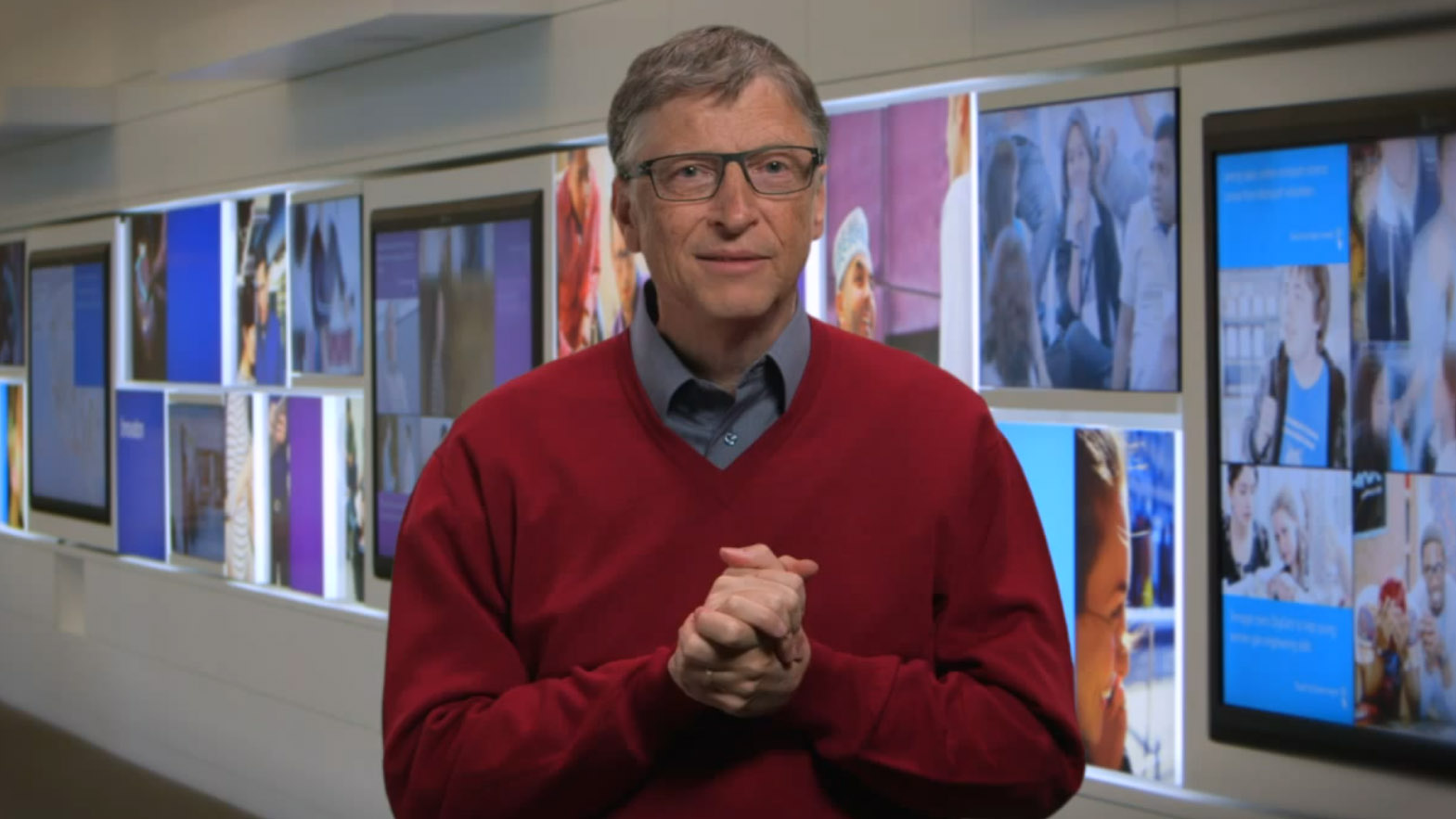Bill Gates reveals what he would do if he were Apple in FBI case
More Gates' takes on Apple vs FBI

Sign up for breaking news, reviews, opinion, top tech deals, and more.
You are now subscribed
Your newsletter sign-up was successful
Microsoft Co-Founder Bill Gates is weighing in again on the Apple FBI row, and while he's still walking the line between security and privacy, he's also revealing what he might do if he were in Apple's shoes.
Responding in a Reddit AMA to the question, "So what would you do if you were Apple?" Gates answered:
"Maybe they could propose an overall plan for striking the balance between government being able to know things in some cases and having safeguards to make sure those powers are confined to appropriate cases. There is no avoiding this debate and they could contribute to how the balance should be struck."
Gates is one of the few tech voices to not lambast US government demands that Apple build a special software to crack an iPhone used by one of the San Bernardino terrorists. Several weeks ago, he said this is a specific case where the government is asking for information, though he later said his words were mischaracterized as him siding with the FBI.
Apple has maintained the encryption tool the government is asking for is too dangerous to create and would put hundreds of millions of users at risk. It also argues that if the government wins this case, it would set a dangerous precedent for future law enforcement requests to companies.
The FBI and US Department of Justice say the software would only be used on this particular phone and could be destroyed afterward. The agencies want to get onto the device to see what data is there, though they aren't certain it will ultimately yield useful information.
Gates calls for talking
Numerous tech companies, including Microsoft, have joined on amicus briefs in support of Apple. While the briefs cut away at the government's invocation of the All Writs Act in making its demands, they also say ultimately Congress should decide what law enforcement can require companies to do, though only after public debate.
Sign up for breaking news, reviews, opinion, top tech deals, and more.
Apple has also promoted this avenue, saying the courts are ill suited to decide complex 21st century technology matters with customer privacy and company autonomy on the line. CEO Tim Cook called for a congressional committee compromised of various stakeholders to discuss the issue, and said Apple would "gladly participate in it."
In today's AMA, Gates advocated for public discourse, noting both sides should lay everything on the table.
"I think there needs to be a discussion about when the government should be able to gather information," he said in response to a question asking for his take on the situation. "What if we never had wiretapping?"
He continued: "Also the government needs to talk openly about safeguards. Right now a lot of people don't think the government has the right checks to make sure information is only used in criminal situations. So this case will be viewed as the start of a discussion. I think very few people take the extreme view that the government should be blind to financial and commercial data but very few people think giving the government carte blanche without safeguards makes sense."
So, the government needs to talk about the safeguards it has - or will have - to ensure any encryption software it asks a company to build doesn't get in the wrong hands or is abused. Gates also pointed to creating consistent international policy as well as modernizing laws as paramount to the situation.
"A lot of countries like the UK and France are also going through this debate," he said. "For tech companies there needs to be some consistency including how governments work with each other. The sooner we modernize the laws the better."

Michelle was previously a news editor at TechRadar, leading consumer tech news and reviews. Michelle is now a Content Strategist at Facebook. A versatile, highly effective content writer and skilled editor with a keen eye for detail, Michelle is a collaborative problem solver and covered everything from smartwatches and microprocessors to VR and self-driving cars.